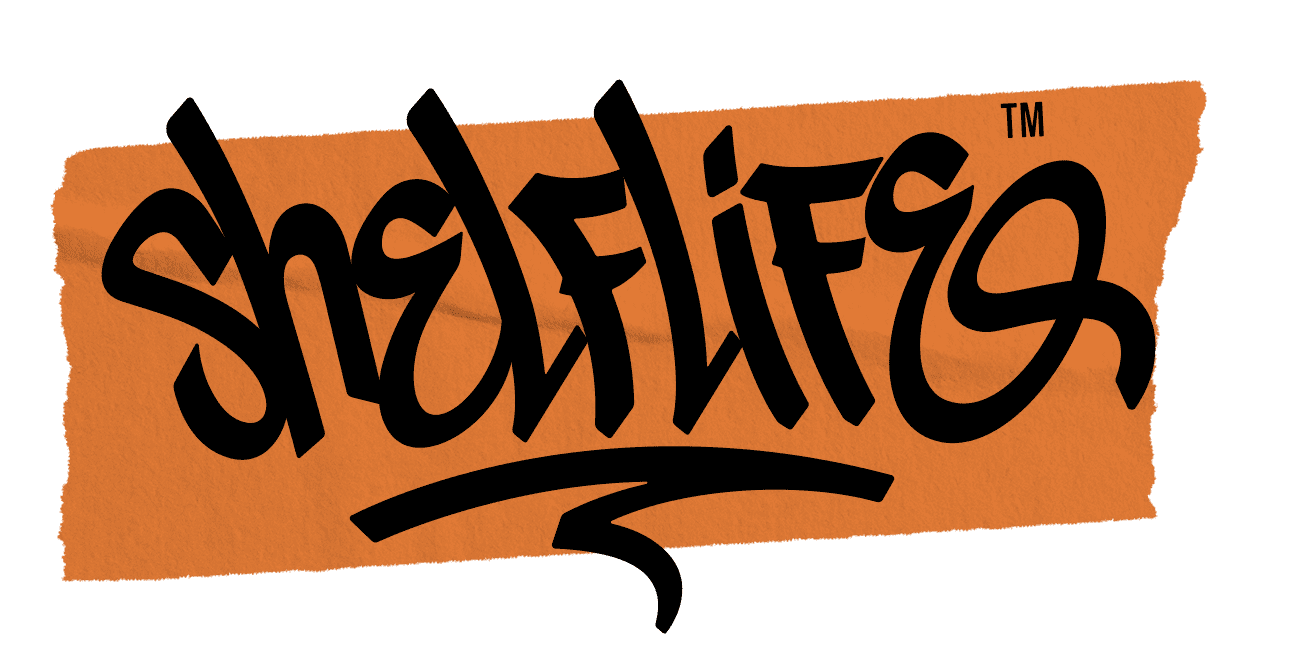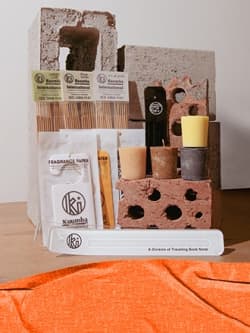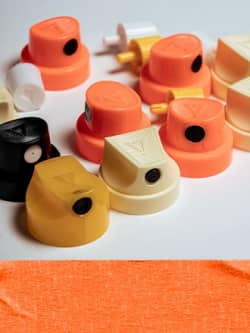Back To The Future With Viwe Mfaku

Viwe Mfaku is a Cape Town-based creative director and visual artist bringing the Afrofuturism chat closer to home with Afro-sci-fi. Looking up the term ‘Afrofuturism’ brings a wealth of media and reference points—from musicians and artists like Erykah Badu, André 3000, Flying Lotus and Janelle Monaé to films like Black Panther and Sorry to Bother You. It has been defined as an artistic movement that combines African diaspora traditions with science fiction and technology. When Viwe recently hosted an exhibition at Cape Town’s Onyx Hotel for his new series of work titled ISINTU Season 2, he made it clear that, through Afro-sci-fi, he was providing a fresh lens and reframing the narrative of what it means to be African.


Viwe’s journey with art started in primary school. “By grade three, I had a fairly noticeable skill advantage that stayed with me through school,” he says. “I kept working on it and sharing my drawings and illustrations with my classmates and fellow artists.” He worked his way up the advertising ranks, starting as an art director but it was his position as creative director at Ogilvy Africa and his time spent in Nairobi, Kenya that inspired the ISINTU series: “Once I had resolved the type of art I wanted to create, it felt important to formalise the platform that presented this body of work. This is a platform for my legacy.
ISINTU Season 2 explores themes of family, rites of passage, clans and chiefdoms, customs, wealth, and ancestors. “It is a lot more critical than the first season. I explore an alternative African future undisrupted by colonisation,” he says. “If you look at Afrofuturism, it was a style that was inward-looking, but with Afro-sci-fi, we understand the depth of our African ways and how sophisticated they are. We know the differences between our tribes, customs, dialects and accents. We are proudly African and that is what we are taking to the world stage.”


From being at the ISINTU Season 2 exhibition, reading all the little write-ups about each painting and soaking up the futuristic yet familiar elements of the work, it’s clear that Viwe’s intentions were bigger than just creating thought-provoking and beautiful images. “I hope people can be inspired to hold higher standards of everything that comes out of the continent,” he says. “I just want us to be the best versions without losing an appreciation of ourselves.”
Viwe views art as a catalyst for shaping African identity and culture: “Art is extremely important in accelerating the conversation of what is possible. Visual and written formats are important in reframing the narrative,” he says. “We are told we are third-world and we believe it—I don't buy that. We haven't been given the funding and finances to bring all the brilliance to life, but we are world-class people.”


Buntu Ngcuka for Letterhead
Event photography by Ray Manzana















